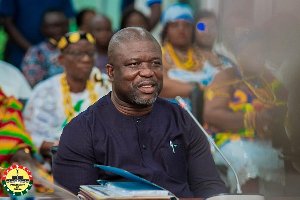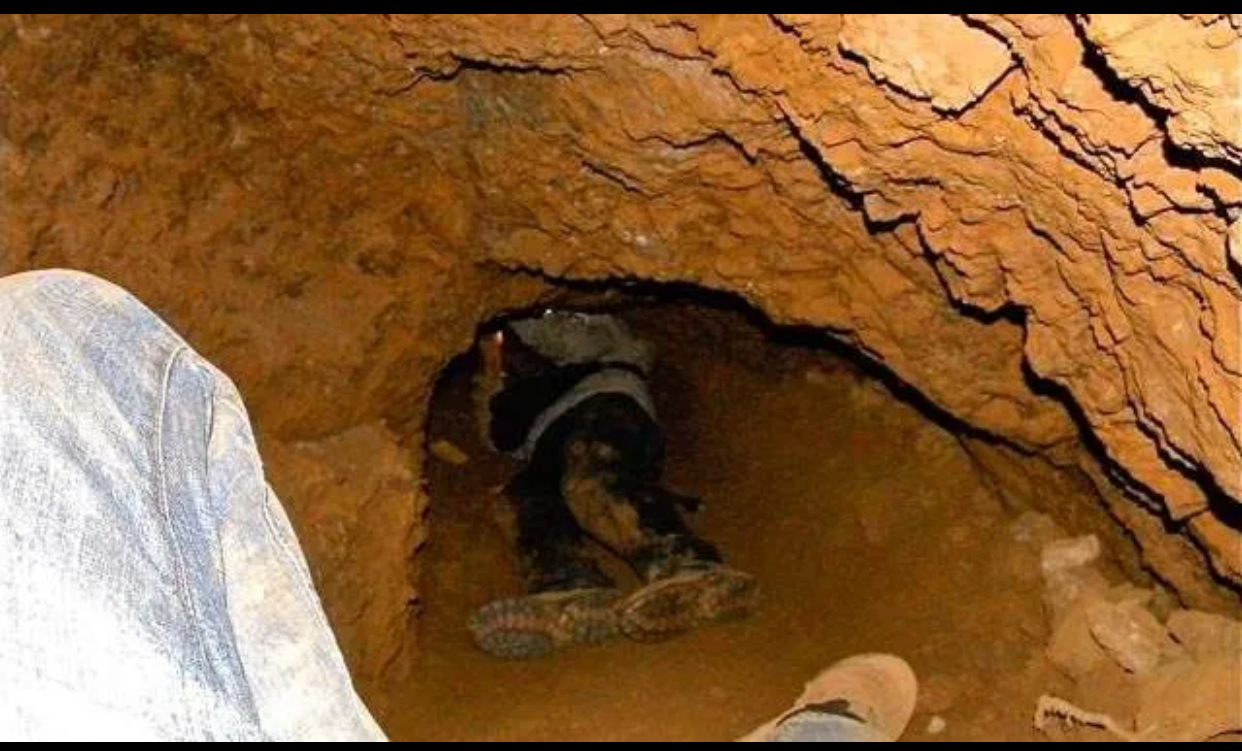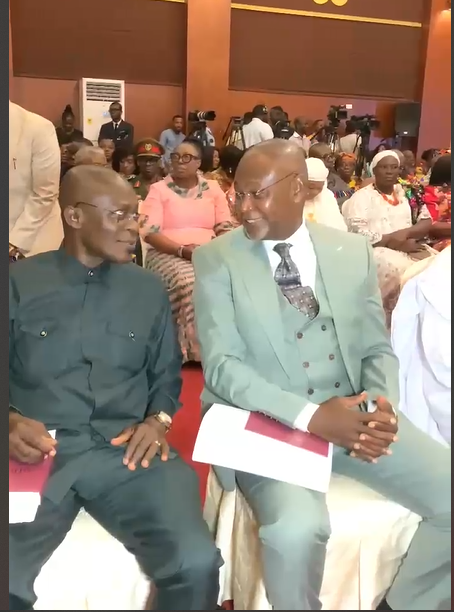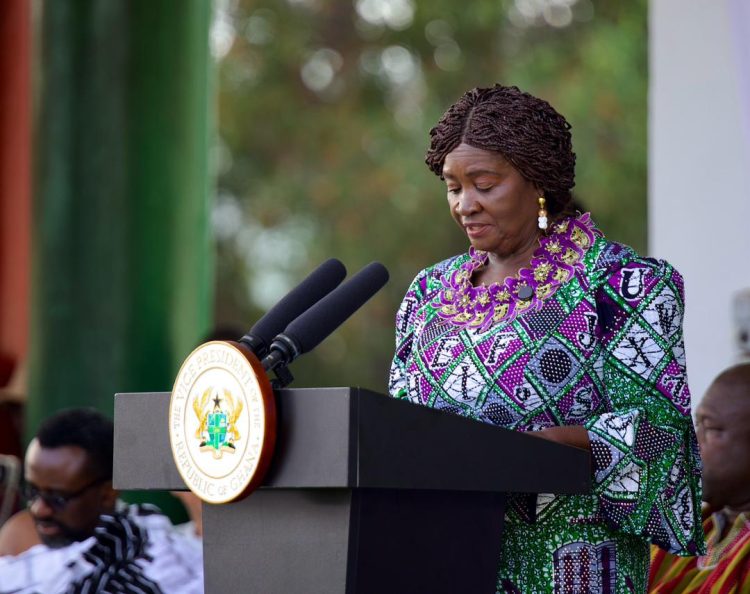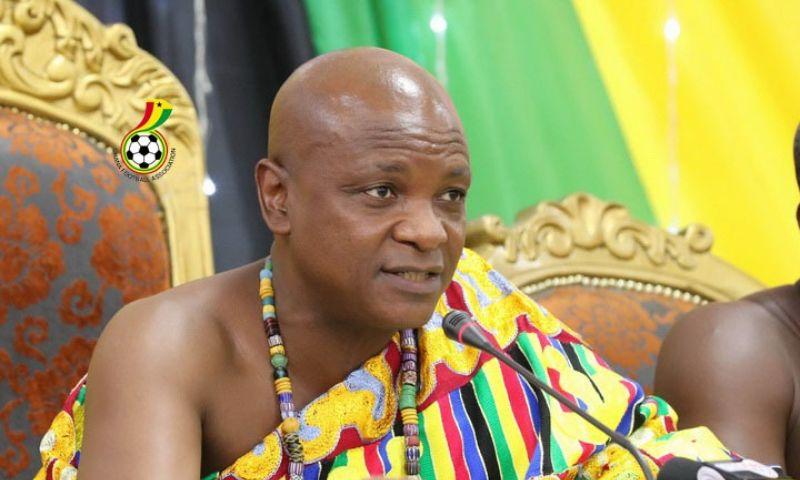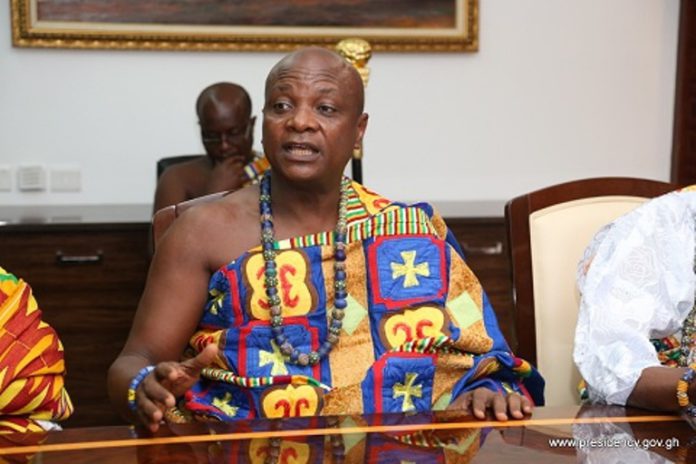The Volta Region requires at least 900 boreholes to ensure reliable access to safe drinking water in its communities, the Regional Minister, Mr. James Gunu, has disclosed.
He said the Volta Regional Coordinating Council (VRCC) has therefore made the provision of water and sanitation facilities a top priority under the government’s 24-Hour Economy agenda.
“An economy which never sleeps requires water systems that never fail, and sanitation structures that safeguard public health, day and night,” Mr. Gunu stated.
The minister was speaking at the maiden Volta Water and Sanitation Dialogue held in Ho on Sunday. The forum, organised by the VRCC in collaboration with the Community Focus Foundation (CFF-Ghana), sought to identify key water and sanitation challenges confronting the region and to explore bold, lasting solutions.
Held under the theme “Building resilient water and sanitation systems in the Volta Region – The role of relevant stakeholders,” the one-day event brought together policymakers, civil society groups, and community leaders.
Urgent Response Measures
Mr. Gunu said the water and sanitation challenges facing the Volta Region represent an urgent call to action. He noted that the VRCC has already delivered mechanised boreholes to senior high schools, health centres, and communities in the Ho municipality, providing relief to students, teachers, nurses, and households.
Touching on the 24-Hour Economy vision, the minister highlighted the Volta Lake Corridor as a lucrative asset. He said developing it into a hub for aquaculture, water transport, and water sports would create jobs, boost tourism, and strengthen food security.
“Every borehole drilled, every toilet constructed, and every waste management system improved is an investment in health, productivity, and the dignity of our people,” he stressed.
From Dialogue to Transformation
The Executive Director of CFF-Ghana, Mr. Richard Kasu, said it was time to move “from dialogue to transformation”, calling for a future where water security forms the foundation of dignity, health, and prosperity.
A communiqué issued at the end of the dialogue revealed that:
• 15% of the region’s population relies on limited or unimproved water sources.
• Only 28% have access to decent sanitation services.
• 21% still practise open defecation.
“These challenges represent a crisis of health, dignity, and economic potential, disproportionately affecting women, children, and rural communities,” the communiqué emphasised.
It further called for an integrated approach beyond isolated projects, combining strong legal frameworks, innovative technical solutions, sustainable financing, gender equity, inclusive decision-making, and unwavering multi-stakeholder collaboration.



